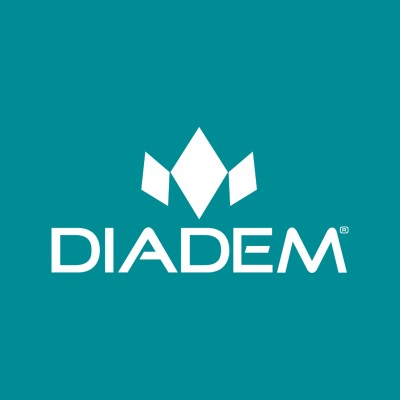
Sheppard Cycles
Sheppard Industries Ltd was founded in 1982 by John Struthers. In 2015 Scott Sports SA and John Struthers entered into an agreement to establish two new jointly owned companies to be called Sheppard Cycles Australia and Sheppard Cycles New Zealand. Sheppard Cycles is Australasia’s largest cycling company, and supervises the largest chain of branded Independent Bike Dealer (IBD) retail stores, ‘AvantiPlus’ & 'My Ride' in Australia and New Zealand. SC produces bicycles under its own brands and licensed major global brand names, and carries out distribution in these markets for Scott, TIME and HARO (HARO is Australia only). SC also distributes a suite of P&A brands including a mixture of it’s own brands, licensed brand names, and global brands such as Tacx, Park Tool, Giro and CatEye. SC also participates strongly in supply of bikes and P&A to the mass market in both countries.






